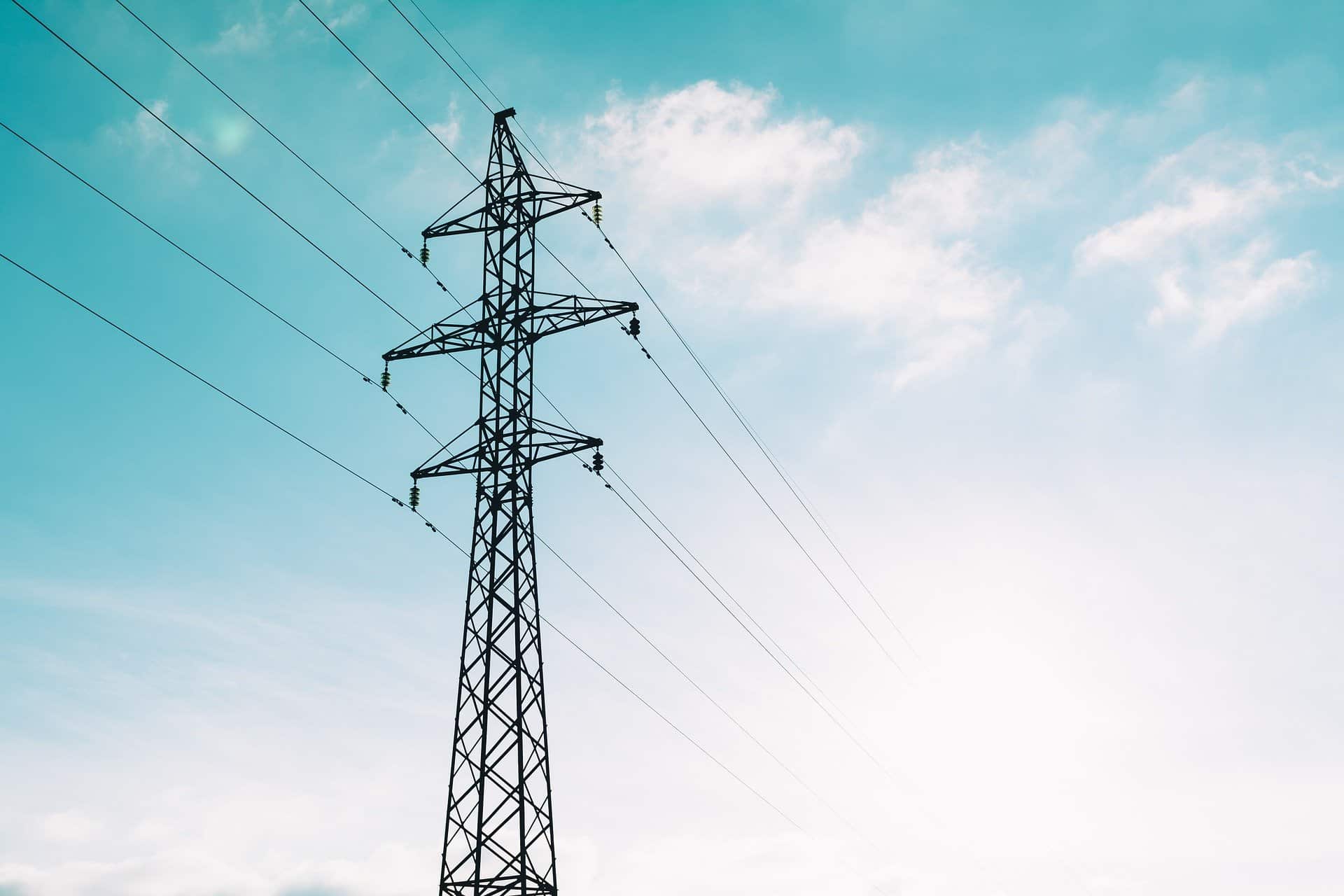
Table of Contents
It’s one thing to worry about your car being repossessed. It’s another thing entirely to worry that your heat will be shut off in the middle of winter. If you owe money to the utility company or can’t pay your bill this month, can they cut you off?
How Utilities Deal with Debt
Utility companies occupy a unique monopoly position, so they’re carefully regulated by law. In Los Angeles, for example, the only providers of utilities are SoCalGas and the LA Department of Water and Power (LADWP). Utilities also occupy a unique position in terms of the services they provide. Shutoff of utilities services may be life threatening. For that reason, utilities companies have very specific policies regarding late payments and non-payment of bills.
According to the LADWP rules, your water and electricity may be shut off if you fail to pay your bill within 19 days of the date it was mailed. SoCalGas has the same 19-day policy. So, what happens when you don’t pay your bill?
If you don’t pay your bill within 19 days after it was mailed, the utility company will send you a notice that your service will be terminated no less than 15 days after that notice was mailed.
In other words, you have 19 days to pay and then about two weeks after that until the utility is shut off. If you want to reinstate service after the utility is shut off, you’ll have to work out a payment plan with the utility provider and pay a reinstatement fee. You may also have to pay a security deposit to get your services restored. Utility companies, including electrical, gas, heat and water, must legally provide this notice to you prior to termination of your services.
How can I stop the utility from terminating services?
The most obvious option is to pay your bill. If you’re going to pay late or you won’t be able to pay at all, contact your service provider within 5 days of receiving the bill. If your financial struggles are temporary, ask for an extension of your payment period. If you expect hardship in the long term, ask about working out a payment plan.
Utility companies in California are required by law to review your request and your financial situation if you contact them within 5 days of receiving the bill. If you are truly unable to pay (perhaps you lost your job or had serious medical expenses), the utility will offer you an amortization plan under which you’ll catch up on your back payments. That plan may last up to a year. § 779(c). Legally, the utility must extend payment options to a residential customer if cutting off services could be life threatening to the customer, or if the customer is willing to enter into a payment plan with the utility.
If you don’t contact the utility until after your services have been terminated, your options are limited. You’ll have to pay the reinstatement fee and pay a security deposit to have your services turned back on.

An expert tip from Erik
Keep in mind that in California, you may qualify for assistance programs based on income level. In addition to statewide mandates, certain local communities and cities may have programs in place to help you meet your needs and provide discounts based on income levels. For example, California Alternate Rates for Energy (CARE) provides low income families with a 20% discount on natural gas and electric bills.
What if I’m filing for bankruptcy?
Bankruptcy laws protect you from utility companies trying to cut off your service. A utility company may not cut off your service just because you file for bankruptcy. The utility companies also can’t discontinue your service if you’re behind on payments and file before service is terminated. This protection is similar to the automatic stay, which protects bankruptcy filers from foreclosure, wage garnishment, repossession, and other collection actions. Moreover, a utility company cannot discontinue your service just because a debt you owed to them was discharged through the bankruptcy process.
Bankruptcy law also offers some protection to utility companies.
Under § 336(b), you must give the utility adequate assurance of future payment for services within 20 days of filing for bankruptcy under Chapter 7 or Chapter 13. Chapter 11 filers (usually businesses) have 30 days. If you don’t provide assurance of payment within the required time, the utility may terminate your services after 20 days.
Utility companies have different requirements to determine what type of assurance is adequate. Most often, you’ll have to make a cash security deposit. Some utilities also accept a letter of credit, a certificate of deposit, a surety bond, or prepayment of your utilities (§ 366(c)(1)(A)). If you’re considering filing for bankruptcy, check with your utility providers to determine what type of assurance will suffice to keep your services running.
In practice, a utility company will generally only go to the trouble of requesting adequate assurance of payment if you’re seeking to discharge a debt to that utility. If your utility payments are up to date, you may not have to provide any assurance when you file for bankruptcy.
The Bottom Line
If you’re behind on your utility payments or are going to miss a payment, reach out to your utility company as soon as possible. The sooner you start working with them, the easier it will be to find a solution. You can ask for an extension of the payment period or an amortization plan so you can catch up on your back payments.
If you’re struggling with other debts as well, you may decide to file for bankruptcy. The utility companies cannot discontinue your service simply because you file for bankruptcy, nor can they discontinue your service if a debt that you owed to them is discharged. They can, however, require you to provide adequate assurance of future payment, usually a cash deposit, within 20 days of filing for bankruptcy.
You need access to water, power, and heat. The law recognizes this and provides protection for you in case you can’t make your utility payments. If you’re elderly, a veteran, or a low-income individual, you may also qualify for rate reductions or other assistance in paying your utility bills.
